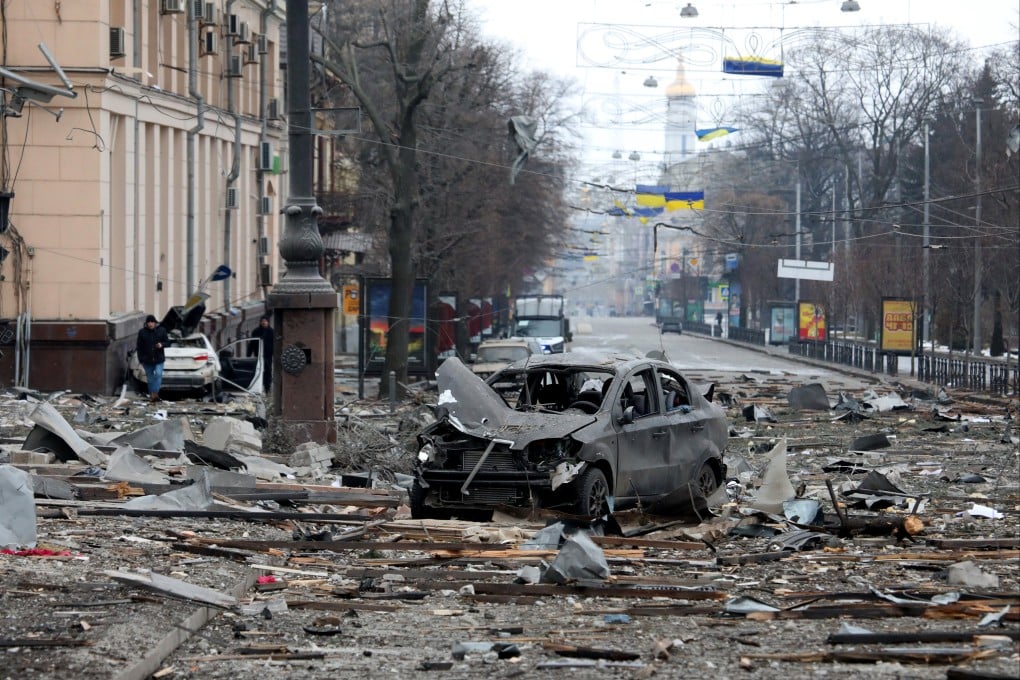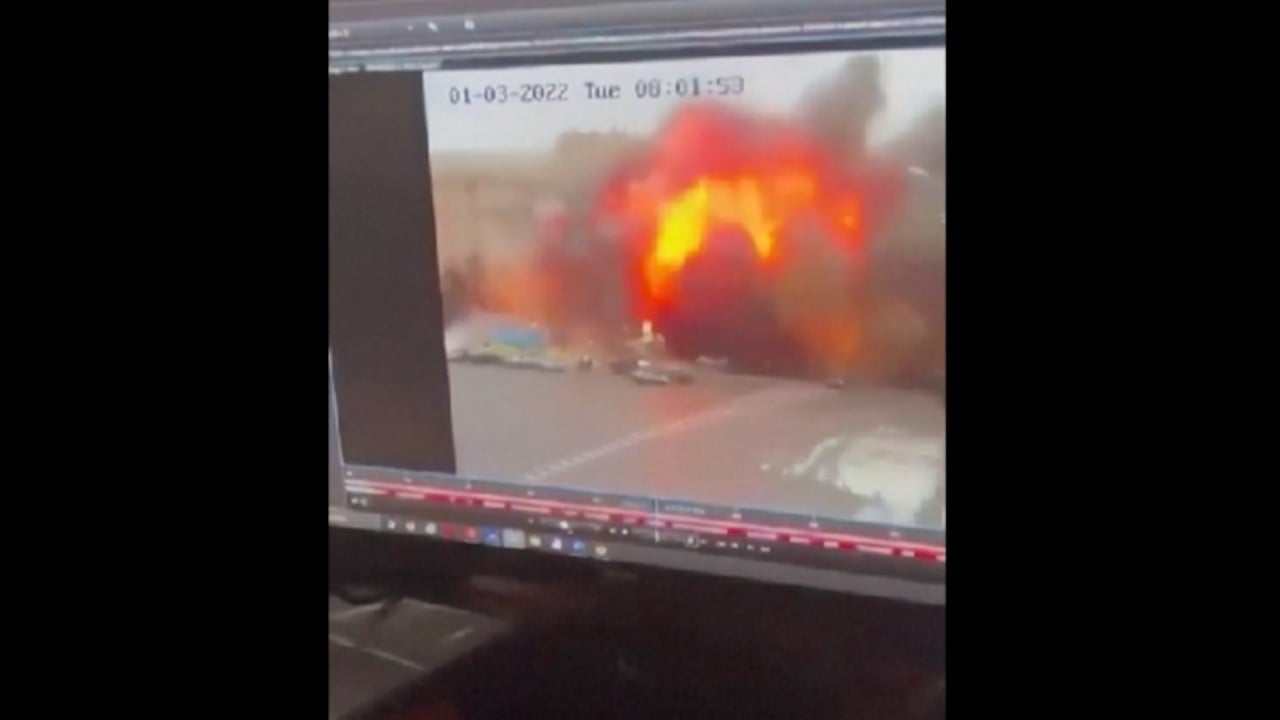The View | Amid invasion and fifth wave, Russia and Hong Kong are feeling the wrath of unintended consequences
- Emotion appears to have overtaken Putin’s reasoning, opening his country to unforeseen destructive effects, while Hong Kong struggles to deal with the consequences of its pandemic policies
- For investors, the key defensive mechanism is diversification and unemotional risk assessment

“Never, never, never believe any war will be smooth and easy, or that anyone who embarks on that strange voyage can measure the tides and hurricanes he will encounter. The statesman who yields to war fever must realise that once the signal is given, he is no longer the master of policy but the slave of unforeseeable and uncontrollable events … Always remember: however sure that you are that you can easily win, there would not be a war if the other man did not think he also had a chance.”
Even if, as seems possible, the Russians occupy and destroy the 1,500-year-old city of Kyiv, they could easily be tied up in a 15- to 20-year insurgency that will produce tens of thousands of maimed Russian soldiers and hundreds of thousands of civilian deaths. The Russians are less squeamish than the Americans about rules of engagement – not the finest of legacies.
Putin’s invasion has mobilised broad global support against Russian interests, primarily inspiring economic and trade sanctions. No small country likes to think they could be invaded next. Nato countries are on high alert, and even Germany has pledged to increase its defence spending.


